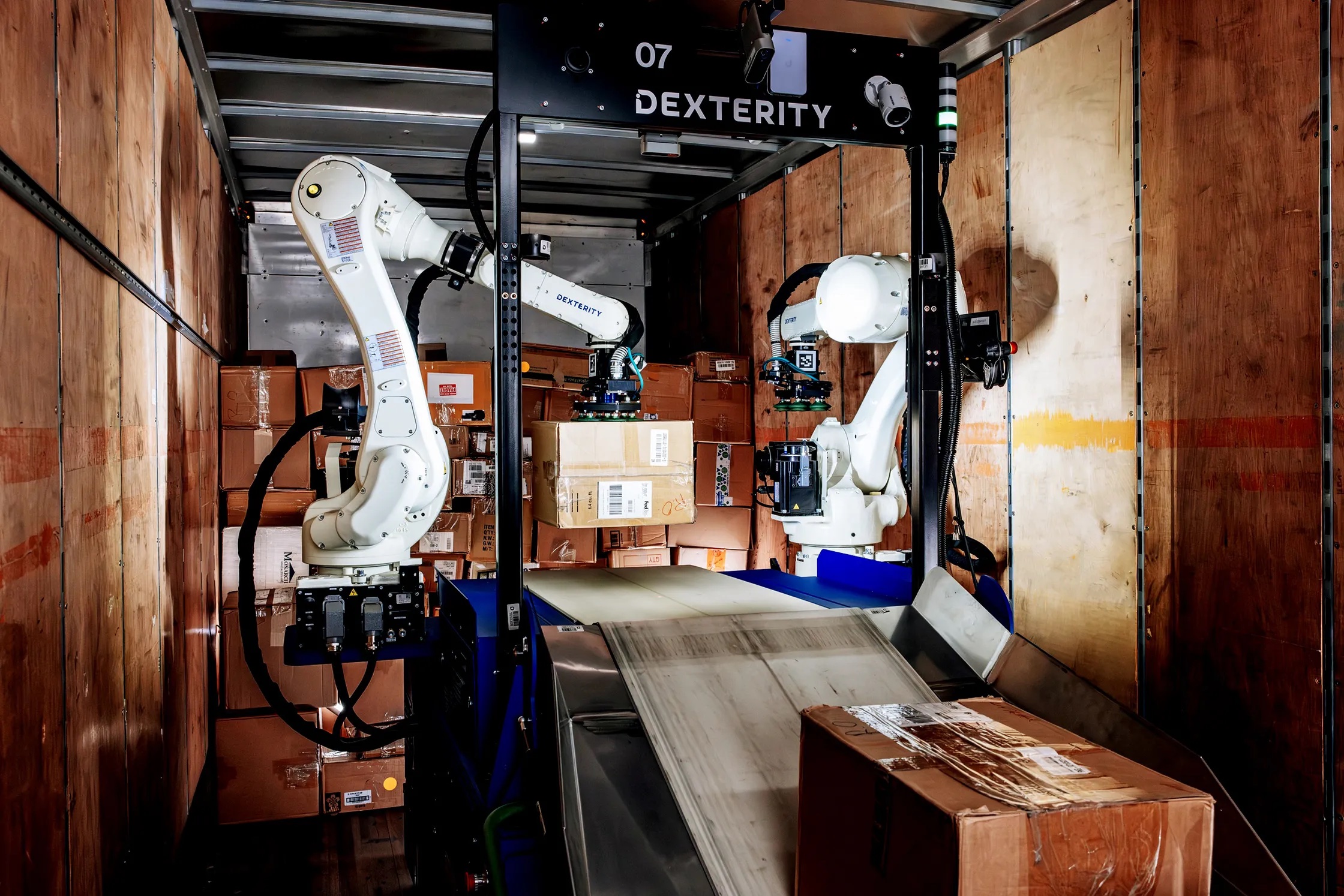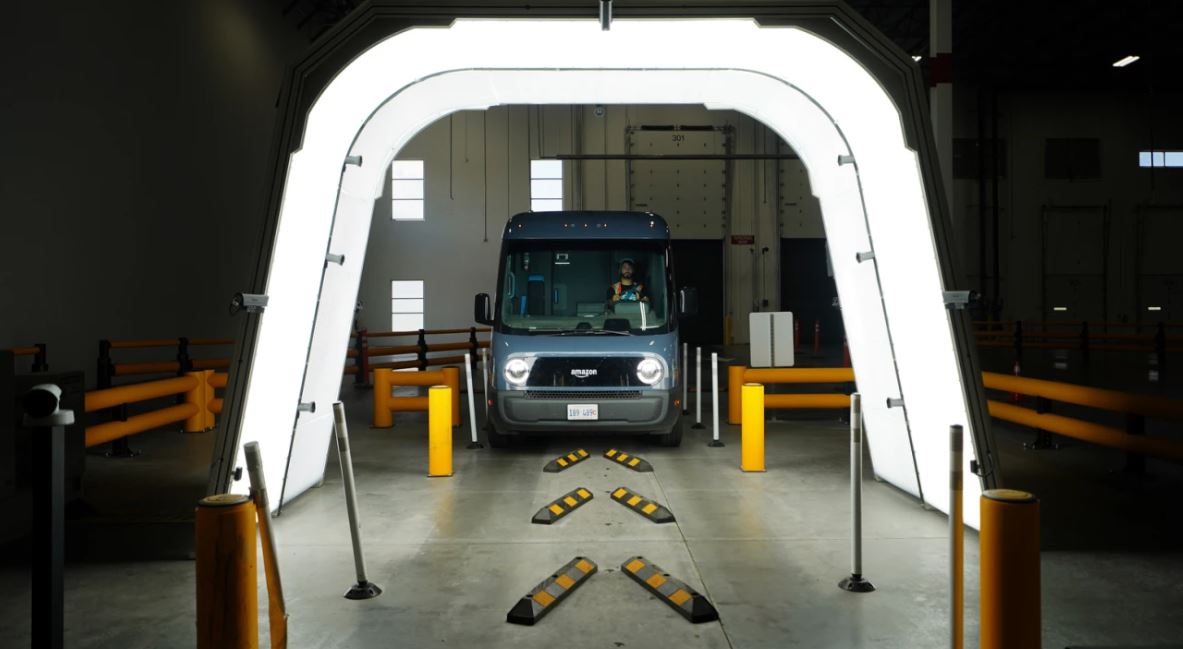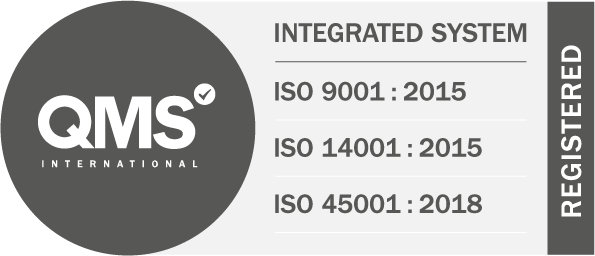How Artificial Intelligence could transform van and car fleets
Artificial Intelligence is changing how the world works, with new innovations appearing every week. What benefits could AI bring to the fleet industry? We look at what the future holds
Most people make use of Artificial Intelligence every day, as it powers the spam filters that automatically protect our email inboxes. In the past couple of years, there has been a revolution in the capabilities of AI that has transformed its ability to help businesses.
From writing business briefs and reports using ChatGPT to automatically creating videos and content with Sora, the technology is developing at a lightning-fast pace.
So what can AI do for businesses to help them manage vehicles more effectively?
Here are seven examples of how AI could transform the way you run your fleet.
Route optimisation
Route optimisation is the process of figuring out the best route for vehicles, such as courier vans, considering time, cost and a wealth of other factors. With machine learning and Artificial Intelligence, it takes seconds to consider the impact of data in real-time, from traffic conditions through to customer availability. There is specialist software for bigger fleets, but you can also ask AI chatbot ChatGPT for help. Just type in a list of addresses and ask for the most-efficient route or the quickest route and it will deliver a proposed itinerary with full timings in seconds.

Loading vehicles
What’s the most efficient way to load a van with goods?. Where is the best location for each item, so that it can be accessed when needed? Artificial Intelligence has the answer. AI technology can plan loads and even power machines that do the hard work for you. Parcel delivery giant FedEx has revealed an AI-powered, two-armed robot called DexR that automates the process of loading delivery vehicles with packages. It decides how to pack the vehicle using a combination of cameras, sensors and AI software to help it make millions of complex calculations every second.

Damage assessment
With fleet vehicles constantly in use, it can be hard finding time to assess their condition, but Artificial Intelligence is set to transform the process. Vehicles will be able to drive through AI-powered scanners to generate an instant report, with analysis grading any damage and its impact on roadworthiness. Online shopping giant Amazon has implemented a system on its fleet, which can spot any anomaly, from tyre wear to body panel damage and issues with the underside of each vehicle. This ensures problems are caught before drivers take to the road, with around one-third of issues discovered related to tyres. The AI can also spot trends, such as whether the same type of damage keeps happening to a single vehicle or if it occurs on a particular route.
Risk management
Artificial Intelligence is transforming risk management on the road, as it learns to recognise a range of hazards in real-time.
The police are already using AI to spot motorists committing driving offences, ranging from hand-held phone use to not wearing seatbelts.
Fleets are also delivering dramatic nationwide improvements to safety and minimising risks using Artificial Intelligence-powered technology.
Reflex Vehicle Hire has pioneered the use of AI in dashcams to automatically identify driving risks in real-time and generate alerts for managers. In addition to phone and seatbelt use, the award-winning Flexicampro system recognises factors such as tiredness and driver distraction.
This results in dramatic reductions in risks for fleets, examples include:
- 100% compliance with seatbelt use
- 81% fall in speeding incidents
- 61% reduction in driver distraction
- 50% fall in driving while tired
Overall, fleets report a 54% year-on-year fall in risk-related activity compared to benchmarks set ahead of Flexicampro’s deployment, as managers turn data into direct action to support drivers and educate them about road safety.
Predictive maintenance
Artificial Intelligence can save fleets money by spotting issues with parts before they fail and cause a breakdown.
So-called predictive maintenance uses AI that is trained to spot the tell-tale signs of potential problems with a vehicle, based on telematics data, which empowers fleets to make proactive decisions regarding repairs, instead of reacting when there is unplanned downtime. Research has suggested AI could accurately predict almost half of all breakdowns. Experts say this proactive approach transforms maintenance from a cost centre into a value-driven part of any business.

Driverless vehicles
The advent of the autonomous vehicle has been talked about for decades, but fleets are closer than ever to this vision becoming a reality. The government has introduced a new Automated Vehicles (AV) Bill to set out laws concerning where responsibility lies when vehicles are driving themselves. It says self-driving vehicles could help reduce deaths and injuries from drink driving, speeding and driver tiredness, with 88% of road collisions having human error as a contributory factor. It comes as a growing number of new vehicles feature some element of self-driving, from lane-keeping assist to automated braking, acceleration and steering. Tesla has been leading the way and reports that owners of its electric vehicles have driven a combined 300 million miles using ‘Full Self Driving’ capability.

Traffic management
Traffic lights can be a major cause of congestion if they are programmed incorrectly, costing fleets time and money going nowhere. Google’s new Green Light service uses Artificial Intelligence and Google Maps software to solve the problem. It analyses driving trends data to model traffic patterns and build intelligent intersections, where lights are designed to help traffic move more freely. Early tests suggest its ability to create waves of green lights achieves a 30% reduction in stops for drivers and a 10% reduction in emissions caused by idling vehicles. Green Light is being tested at 70 intersections in 12 cities across four continents, benefiting 30 million vehicle journeys every month.
Artificial Intelligence has the power to reshape the world of business and transport, delivering efficiencies and insight that transform how we work and travel. The key to success is working with expert partners to discuss the potential benefits of technology and how it can be deployed most effectively, to benefit businesses, fleet managers and drivers.
(images: Amazon, FedEx, Google, Pixabay, Pexels)
* To learn more about Artificial Intelligence and how it can benefit your fleet, contact the expert team at Reflex Vehicle Hire.
Share to:
Find out more
Find out how Reflex Vehicle Hire can help your company.
Call 0330 460 9913 or visit our contact us page.
 (1).jpg)








@2x.png)

